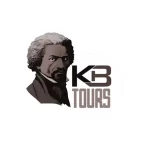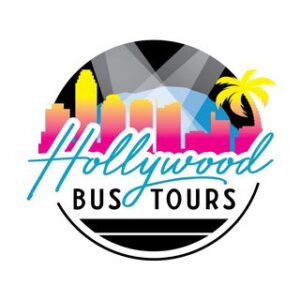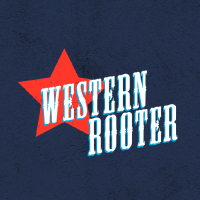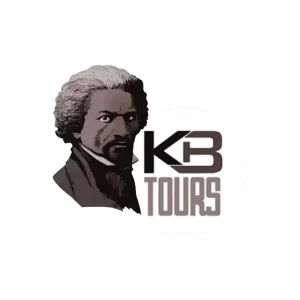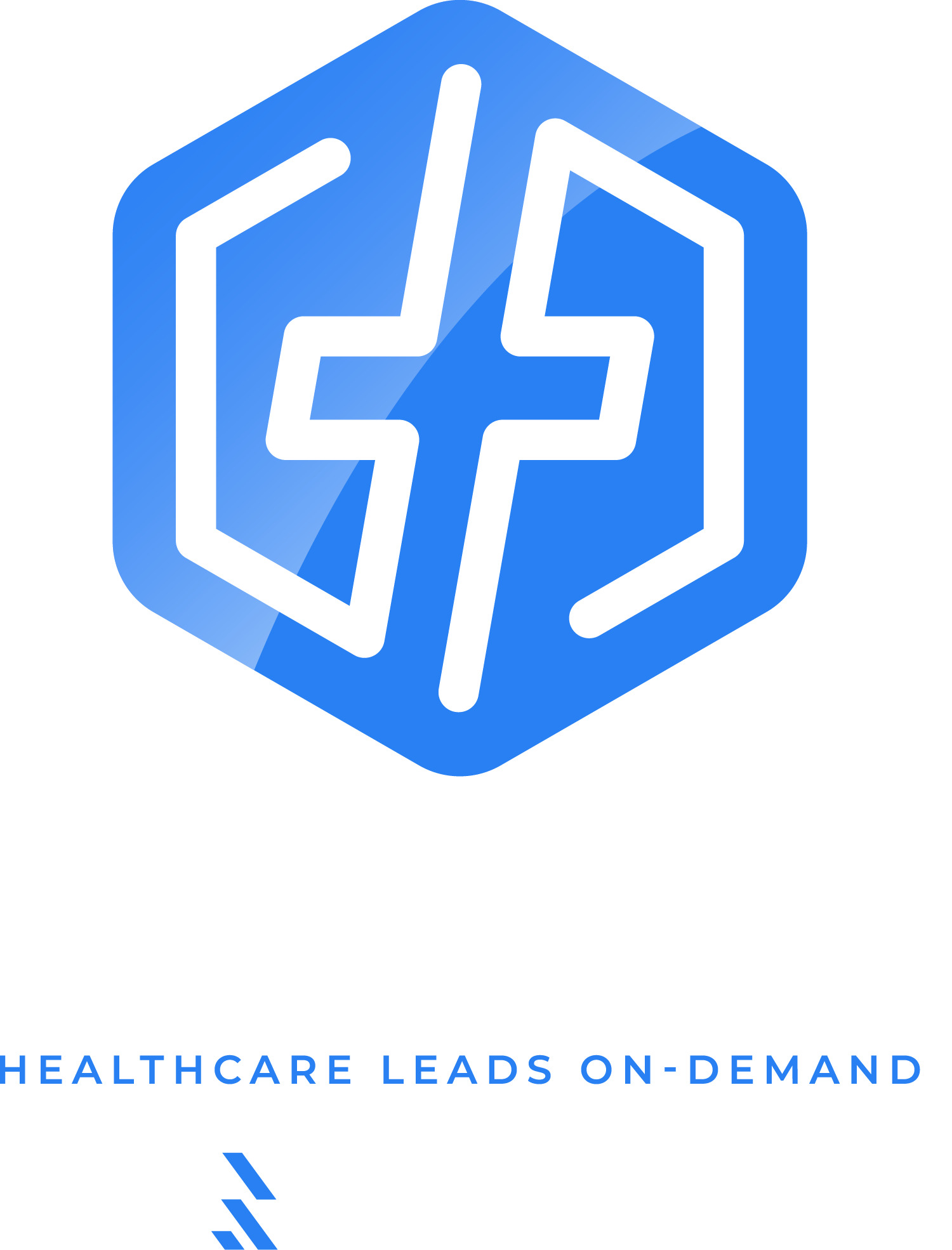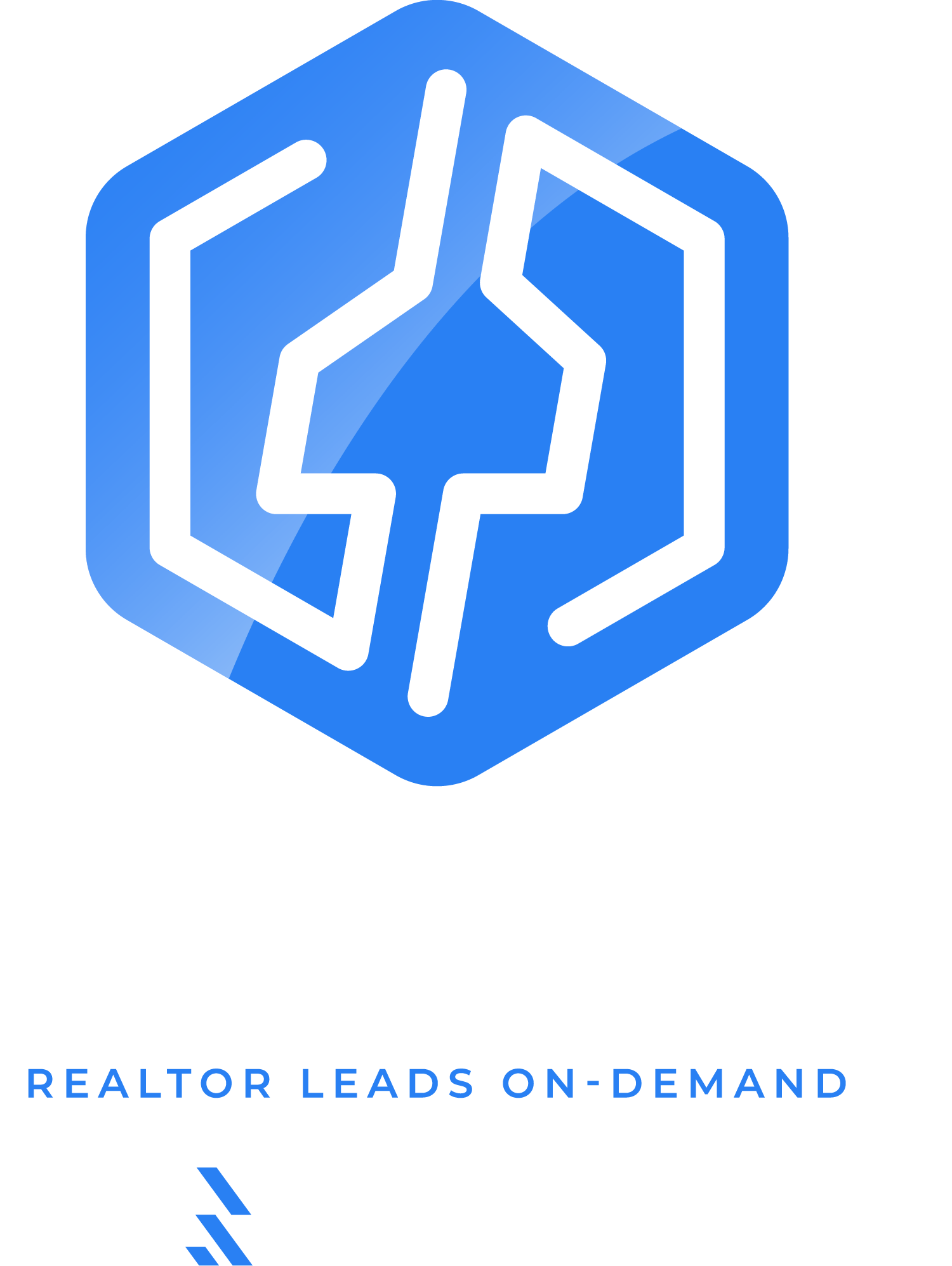When it comes to marketing, businesses have a plethora of options for their partners.
These options include advertising agencies, which specialize in creating and executing ad campaigns across various media channels. PR firms, on the other hand, focus on managing a company’s public image and reputation through strategic communication. Lastly, digital marketing agencies excel in leveraging online platforms and technologies to reach target audiences effectively.
Determining the cost of these agencies and understanding the factors influencing it can be a complex task. It involves considering several aspects such as the agency’s expertise, reputation, and track record of delivering successful campaigns. Factors like the scope and scale of the project, the level of customization required, and the duration of the engagement also play a significant role in determining the pricing.
This article aims to provide a comprehensive breakdown of marketing agency pricing, shedding light on the different types of agencies available, the range of services they offer, and the key factors that influence their pricing models. By understanding these aspects, businesses can make informed decisions when selecting the best agency to meet their unique marketing needs and objectives.
Whether you are a small startup looking to create brand awareness or an established corporation aiming to launch a new product, this article will equip you with valuable insights and tips for finding the ideal marketing agency that aligns with your business goals.
Types of Agency Pricing Models
Types of Agency Pricing Models
When it comes to pricing in marketing agencies, there are different models used to determine rates. Understanding these models is crucial for businesses hiring a marketing agency. Here are four common types of agency pricing models:
- Hourly Pricing: Clients are billed based on the number of hours worked. Agencies set an hourly rate and provide detailed time logs. Hourly pricing is common for smaller projects or when the scope is unpredictable.
- Retainer Pricing: Clients pay a fixed monthly fee for ongoing services. The agency sets a retainer amount based on workload and services provided. Retainer pricing is common for long-term partnerships, offering flexibility and stability.
- Project-based Pricing: Agencies charge a flat fee for specific projects. The price is based on complexity, scope, and expected deliverables. This model is used for one-time campaigns or short-term projects.
- Value-based Pricing: The agency sets the price based on perceived value to the client. This model focuses on results and outcomes. Value-based pricing is used when the agency has a track record of delivering significant ROI.
Hourly Pricing
Hourly pricing is a commonly used agency pricing model in the marketing industry. Clients are billed based on the hours an agency spends on their project, promoting transparency and flexibility. It’s easy for clients to track and manage their budget with this structure. Here are some key points to know about hourly pricing:
- Rates: Agencies have an hourly rate for their services, which can vary based on factors like experience, reputation, and location. More expertise or being in high-cost areas usually means higher hourly rates.
- Time Tracking: Agencies use time tracking tools to monitor hours spent on tasks like strategy development, content creation, campaign management, and reporting. This allows detailed invoicing and provides clients with a breakdown of the work performed.
- Transparency: Hourly pricing provides transparency as clients can see the exact hours dedicated to their project. It helps assess agency efficiency and ensures effective utilization of allocated hours.
- Exclusive Attention: Clients receive dedicated attention from agency professionals with hourly pricing. The agency invests the necessary hours to deliver high-quality work and ensure client satisfaction.
- Flexibility: Hourly pricing allows flexibility in project scope and requirements. Clients can modify and adjust the project as needed, allocating more or fewer hours based on evolving needs.
Retainer Pricing
Retainer pricing is a common agency pricing model in the marketing industry. With this model, clients pay a fixed fee on a recurring basis for a set scope of work. It offers a consistent and predictable budget, as well as a long-term partnership with the agency.
Benefits of Retainer Pricing:
- Cost-effectiveness: By committing to a retainer agreement, clients can secure a better hourly rate or a discounted package deal compared to hourly or project-based pricing, resulting in cost savings over time.
- Priority and availability: Clients working with an agency on retainer receive priority treatment, ensuring quicker turnarounds and increased availability.
- Strategic partnership: Retainer pricing fosters a closer relationship between clients and agencies, providing more personalized attention and long-term strategic planning aligned with business goals.
- Flexibility and scalability: Retainer pricing allows clients to adjust the scope of work as needed, accommodating fluctuating marketing needs.
Considerations for Retainer Pricing:
- Clear scope of work: It’s crucial to have a well-defined agreement outlining specific deliverables, services, and expected outcomes to prevent ambiguity or miscommunication.
- Regular communication and reporting: Establishing regular check-ins with the agency ensures transparency, collaboration, and adjustments as needed.
- Review and assessment: Regularly reviewing the results and value derived from the retainer arrangement is essential to assess whether expectations are being met and explore areas of improvement or alternative solutions if necessary.
Project-based Pricing
Project-based pricing is a commonly used model in the marketing agency industry. With this approach, the agency charges a fixed fee for a specific project or campaign. This model is beneficial for clients who have a clear scope of work and defined deliverables.
Here are some benefits of project-based pricing:
- Budget control: Clients have better control over their budget as the pricing is fixed. They know exactly how much they will pay for the project, avoiding surprises.
- Clearly defined objectives: This pricing encourages both the agency and the client to define project goals and deliverables clearly, ensuring everyone is on the same page.
- Flexibility: It allows for flexibility in terms of project timeline and resource allocation, ensuring optimal efficiency.
However, it’s important to note that project-based pricing may not be suitable for every type of project or client. Complex and ongoing campaigns may be better suited for other pricing models, such as retainer-based pricing.
Value-based Pricing
Value-based pricing is a popular model used by marketing agencies. Instead of focusing on hours worked or tangible deliverables, it considers the perceived value and impact of the agency’s services on the client’s business.
It allows the agency to set a price based on the value they believe their services will bring, rather than the time or resources invested.
This model is favored by agencies with a strong track record and industry understanding. It helps them showcase their expertise and demonstrate the value they can provide to clients.
When determining value-based pricing, agencies consider factors such as the potential return on investment, project scope and complexity, and market demand. Higher prices may be set for services that can significantly impact the client’s bottom line and for more extensive projects that require research, planning, and ongoing support.
Agencies in high demand may charge premium prices.
Value-based pricing benefits both the agency and the client. The client receives tailored strategies and expertise, while the agency can charge a premium and showcase their value.
Factors That Influence Agency Pricing
When it comes to pricing for marketing agencies, there are several key factors that influence the cost of an agency that you need to consider. Understanding these factors can help you make better decisions when evaluating agency costs for your marketing needs.
Agency Experience:
One important factor that affects pricing is the agency’s level of experience. Agencies with a long track record and successful campaigns often charge higher rates due to their proven expertise and reputation. However, newer agencies or freelancers may offer more competitive pricing as they build their portfolio and establish their brand.
Services Offered:
The range of services provided by a marketing agency also impacts pricing. Agencies offering a diverse set of services, such as website design, content creation, social media management, and SEO, may charge higher rates to account for their wider expertise. Conversely, agencies specializing in a specific area may offer more competitive pricing tailored to their niche market.
Size of the Project:
The scope and complexity of your marketing project can significantly affect pricing. Larger projects that require extensive research, strategy development, and ongoing management will naturally have higher costs. On the other hand, smaller projects with fewer deliverables may be priced more affordably.
Location:
Geographical location is another factor that can influence agency pricing. Agencies based in major cities or regions with a high cost of living may charge more due to increased overhead expenses. Conversely, agencies in smaller towns or remote areas may offer more competitive pricing as their cost of operations is lower.
Resources Needed:
The pricing of your specific project will be affected by the resources and expertise needed. If your project requires specialized technology, tools, or additional team members with niche skills, the agency may need to include these expenses in the pricing structure.
💡 Key Takeaway: Agency pricing is influenced by factors such as experience, the range of services offered, the size of the project, location, and resources needed for the project.
Agency Experience
When choosing a marketing agency, it’s important to consider their industry experience.
An agency with extensive experience has worked with various clients and faced different challenges, which contributes to their expertise in delivering successful campaigns. Look for agencies that can prove their experience through credentials like industry awards or case studies showcasing their work.
Also, take into account the agency’s longevity in the field, and the size and diversity of their client portfolio. If they have long-standing relationships with clients, it’s a good indicator that they provide quality services.
A well-established agency is more likely to have a solid track record of delivering results. Keep in mind that an experienced agency understands different industries and can navigate the evolving marketing landscape.
💡 Key Takeaway: When evaluating a marketing agency, pay attention to their experience in the industry, including their past work, industry awards, and longevity.
Services Offered
When evaluating a marketing agency, one important factor to consider is the range of services they offer. A reputable agency will have a diverse portfolio of services to meet the specific needs of different clients. Here are some common services offered by marketing agencies:
- Digital Marketing: This includes strategies and tactics aimed at promoting a brand or product through online channels. It may involve website development and optimization, search engine marketing (SEM), search engine optimization (SEO), social media marketing, content marketing, email marketing, and more. As the digital landscape continues to evolve, it’s crucial for a marketing agency to stay up-to-date with the latest trends and technologies.
- Advertising: An agency specializing in advertising will help create and execute targeted ad campaigns across various channels such as television, radio, print, outdoor, and digital platforms. They will have expertise in media buying, creative production, and campaign management to ensure maximum reach and impact for their clients’ brands.
- Branding and Design: This involves developing a cohesive brand identity that resonates with the target audience. Services may include logo design, brand guidelines, packaging design, website design, and overall visual branding. An agency with strong branding capabilities will help create a consistent and memorable brand image for their clients.
- Market Research and Analysis: A marketing agency may offer market research services to gather valuable insights about consumer behavior, market trends, and competitors. They will use this data to inform their strategies and make data-driven decisions. It’s important for an agency to have the skills and resources to conduct comprehensive market research and provide actionable recommendations based on the findings.
- Public Relations: PR services involve managing the reputation and public image of a brand or individual. This may include media relations, press release writing and distribution, crisis management, event planning, influencer partnerships, and more. A capable PR team will have strong relationships with the media and the ability to generate positive publicity for their clients.
💡 Key Takeaway: When evaluating a marketing agency, consider the breadth and depth of services they offer. Look for an agency that can meet your specific needs across areas such as digital marketing, advertising, branding, market research, and public relations.
Size of the Project
When it comes to marketing agency pricing, the size of the project is a key factor. Agencies consider the project’s scope and scale to estimate the required work and resources. Larger projects may need more time, manpower, and specialized skills, which can affect the overall cost.
To provide transparency and competitive rates, agencies often categorize project sizes into different tiers. They offer pricing packages tailored to small businesses, mid-sized companies, or large enterprises. This allows agencies to align their pricing structure with the diverse needs and budgets of their clients.
💡 Key Takeaway: When it comes to marketing agency pricing, the size of the project is a crucial factor. Agencies often have different pricing packages based on project sizes, as the scale of the project directly impacts the amount of work and resources involved.
Location
Location plays a significant role in determining marketing agency pricing. Different locations have varying market dynamics and cost of living, which can influence the agency’s pricing structure. Agencies in major cities with high costs of living often have higher operating expenses, including office rent and employee salaries.
As a result, their pricing may be higher compared to agencies in smaller towns or less expensive areas. On the other hand, agencies in smaller towns might have lower overhead costs and can offer more competitive prices.
Consider your budget and specific needs when evaluating agencies based on their location.
Resources Needed
When assessing marketing agency pricing, it’s crucial to factor in the resources required for your project. The complexity and scope of your marketing campaign will determine the necessary resources. Here are some key considerations:
- Expertise and Skills: Different projects demand different skill sets. For instance, if you need a marketing agency to handle your social media marketing, they should have expertise in social media management, content creation, and community engagement.
- Team Size: The number of team members dedicated to your project can affect pricing. Larger teams may be required for extensive campaigns or businesses with multiple locations.
- Technology and Tools: Marketing agencies often use various tools and software to efficiently manage campaigns. These tools may include social media scheduling platforms, analytics software, and project management systems. The use of advanced technology can impact pricing.
- Creative Resources: Graphic designers, copywriters, videographers, and other creative professionals are crucial for developing compelling marketing materials. The complexity and quantity of creative work needed will contribute to the pricing.
- Ad Spend: If you plan to invest in paid advertising like Google Ads or Facebook Ads, your marketing agency may charge a percentage of your advertising budget. Ad spend can significantly impact the overall cost of your marketing campaign.
Considering these resources will help you and the agency agree on a pricing structure that reflects the required effort and expertise for your project.
💡 Key Takeaway: When evaluating marketing agency pricing, consider the necessary resources, including team expertise, size, technology, creative resources, and ad spend.
How to Evaluate a Marketing Agency
When it comes to choosing a marketing agency for your business, thorough evaluation is crucial in order to find the right fit.
Here are some steps you can take to evaluate a marketing agency effectively:
Check Credentials:
Before working with an agency, it’s crucial to check their credentials. Look for certifications, awards, and recognitions that demonstrate their expertise and industry reputation.
Also, assess the qualifications and experience of the agency’s team to ensure they have the skills needed to achieve your marketing objectives.
Read Reviews:
Online reviews and testimonials are valuable sources of information about a marketing agency’s reputation and track record. To gain a complete perspective, read both positive and negative reviews. Look for patterns in feedback to assess the agency’s strengths and weaknesses.
This will provide insights into their ability to deliver results.
Ask for Referrals:
Contact business owners or professionals in your network who have worked with marketing agencies before. Ask for referrals and hear about their experiences firsthand.
This step will give you valuable insights and assist you in making an informed decision.
Request a Proposal:
Request a proposal from the agency that outlines their approach, strategies, and deliverables specifically for your project or campaign.
This will provide a clear understanding of how they plan to achieve your marketing objectives and align with your business goals.
Understand Their Process:
To effectively assess a marketing agency, it is crucial to prioritize transparency and clear communication.
By understanding how the agency will keep you updated, track progress, and tackle challenges, you can gain valuable insights into whether their workflow aligns with your expectations.
💡 Key Takeaway: When choosing a marketing agency, thorough evaluation is key. Check their credentials, read reviews, ask for referrals, and request a proposal tailored to your project. Understanding their process ensures alignment with your expectations.
Check Credentials
When evaluating a marketing agency, one important step is to thoroughly check their credentials. This includes assessing their experience, expertise, and track record. Look for agencies that have a proven record of success in your industry or niche. Consider their portfolio and client list to get an idea of the kind of work they have done in the past. Look for any awards or recognition they have received, as this can be indicative of their authority and reputation in the field.
In addition to experience, it’s essential to verify the qualifications of the agency’s team members. Find out if they have relevant certifications or qualifications that demonstrate their expertise in various marketing disciplines. Testimonials, case studies, and client reviews can also provide valuable insights into the agency’s capabilities and the quality of their work.
💡 Key Takeaway: When evaluating a marketing agency, checking their credentials is crucial to ensure they have the necessary experience and expertise to meet your marketing goals and objectives.
Read Reviews
When assessing a marketing agency, it is crucial to read reviews from their previous clients. Online platforms and testimonials can provide insights into the agency’s reputation, expertise, and service quality. Pay attention to reviews that mention the agency’s pricing structure and whether clients found it fair. Consider both positive and negative reviews to get a well-rounded perspective. Quotes from satisfied clients can be particularly valuable in understanding how the agency delivers on their promises and meets client expectations.
Also, note any recurring themes in the reviews. For instance, if multiple clients mention exceptional customer service or affordable pricing, it indicates the agency’s strengths. Conversely, if negative reviews consistently mention high prices or hidden fees, it’s a red flag to consider.
💡 Key Takeaway: Reading reviews from previous clients is essential when evaluating a marketing agency. It offers insights into their reputation, pricing feedback, and overall service quality.
Ask for Referrals
When evaluating a marketing agency, asking for referrals is an effective way to gain insight into their reputation and credibility. Referrals are recommendations or endorsements from previous clients who have worked with the agency. This feedback provides valuable information about the agency’s work quality, professionalism, and ability to deliver results.
Consider these key points when asking for referrals:
- Contact existing clients: Start by asking the agency’s current clients for references. These clients can provide firsthand information about their experience working with the agency.
- Specify similar projects: When requesting referrals, be clear about the type of project or campaign that matches your needs. This will help you determine if the agency has relevant experience in your industry.
- Assess the results: While speaking with the referral, inquire about the outcomes achieved during their collaboration with the agency. Did they meet their goals? Were they satisfied with the results? This will give you an idea of the agency’s capabilities and track record.
- Seek referrals from your network: In addition to asking the agency, reach out to your professional connections. Colleagues, industry contacts, or friends who have worked with marketing agencies can offer additional recommendations based on their own experiences.
💡 Key Takeaway: Asking for referrals is crucial when evaluating a marketing agency as it allows you to gather insights from previous clients and make an informed decision based on their recommendations.
Request a Proposal
When considering hiring a marketing agency for your business, one crucial step is to request a proposal. This document serves as a means to ask the agency to outline their approach, strategies, and pricing for your project or campaign. It plays a vital role in assessing whether their expertise and services align with your goals and budget.
The proposal must demonstrate a clear understanding of your business and marketing objectives, providing a detailed breakdown of the services and execution plan.
Furthermore, the proposal should outline the project timeline and deliverables. This ensures that both parties have a comprehensive understanding of the scope and expectations. It is also essential for the agency to include a comprehensive pricing structure.
To request a proposal, it is recommended to directly reach out to the marketing agency through their website or contact information. Briefly explain your project and requirements, enabling the agency to prepare a tailored proposal that addresses your unique needs. Include relevant details such as objectives, target audience, budget, and timeline.
💡 Key Takeaway: The act of requesting a proposal from a marketing agency is of utmost importance as it allows you to evaluate their understanding of your business, their approach to your project, and their pricing structure. This evaluation helps you determine whether the agency is the right fit for your specific needs and goals.
Understand Their Process
When evaluating a marketing agency, it is crucial to thoroughly understand their process. This involves gaining insights into their project approach, client collaboration, and their ability to achieve desired outcomes.
By considering these key factors, you can make a more informed decision and select an agency that aligns with your goals and expectations:
- Initial Consultation: A reputable agency will begin with an initial consultation to comprehend your business objectives, target audience, and marketing goals. This enables them to tailor their approach to your specific requirements.
- Strategic Planning: A well-defined strategic planning phase involves comprehensive market research, competitor analysis, and identification of your target audience. This ensures that the agency’s marketing efforts align with your business objectives and effectively reach the intended audience.
- Campaign Development: Once the strategy is established, the agency will create a detailed plan outlining the marketing campaigns and tactics they will execute. This includes resource allocation, setting timelines, and establishing key performance indicators (KPIs) to measure success.
- Implementation and Execution: The agency will then execute the strategy by creating and launching campaigns across various channels, such as social media, search engines, and email marketing. They will closely monitor campaign performance and make necessary adjustments to optimize results.
- Measurement and Reporting: A reputable agency will provide regular reports with comprehensive insights into the performance of your marketing campaigns. This includes key metrics like website traffic, conversion rates, and return on investment (ROI). These reports help you understand the impact of their efforts and make informed decisions for future marketing activities.
- Collaboration and Communication: Throughout the process, the agency should maintain open lines of communication, keeping you informed of progress, addressing any concerns or questions you may have, and seeking your input when necessary. A strong agency-client relationship built on clear communication is essential for successful collaboration.
💡 Key Takeaway: When evaluating a marketing agency for your business, it is crucial to have a clear understanding of their process. Look for agencies that offer a comprehensive approach, encompassing strategic planning, execution, and measurement. Prioritize effective communication and collaboration throughout the partnership.
Conclusion
When considering hiring a marketing agency, it is important to begin by evaluating your specific needs and the range of services they offer. Pricing can be influenced by various factors, such as project size, complexity, staff size, services provided, and the agency’s level of experience. Take all these factors into account when selecting an agency.
Additionally, factor in service costs and any specific customization requirements. Ultimately, the price will be determined by the agency’s services and the unique needs of your project.
At Revved Digital, we pride ourselves on offering comprehensive and tailored marketing services to help our clients achieve their business goals. From initial consultations to strategy development, campaign execution, and measurement, we prioritize clear communication and collaboration to ensure the success of our projects.
Contact us today for a customized proposal and see how we can help drive your business forward!
































